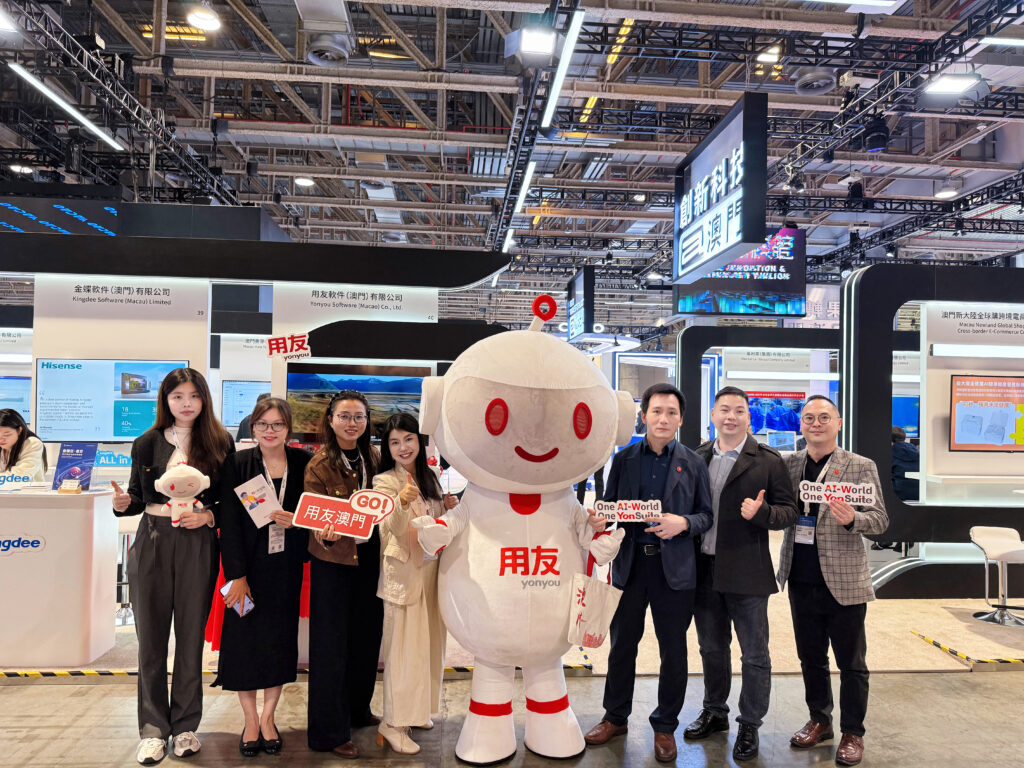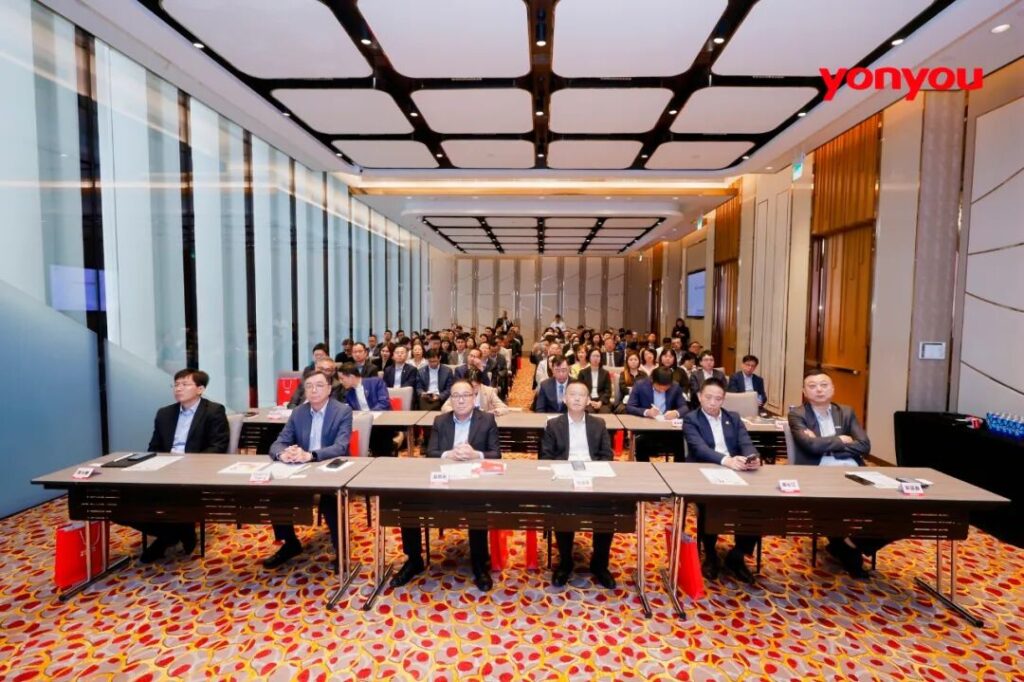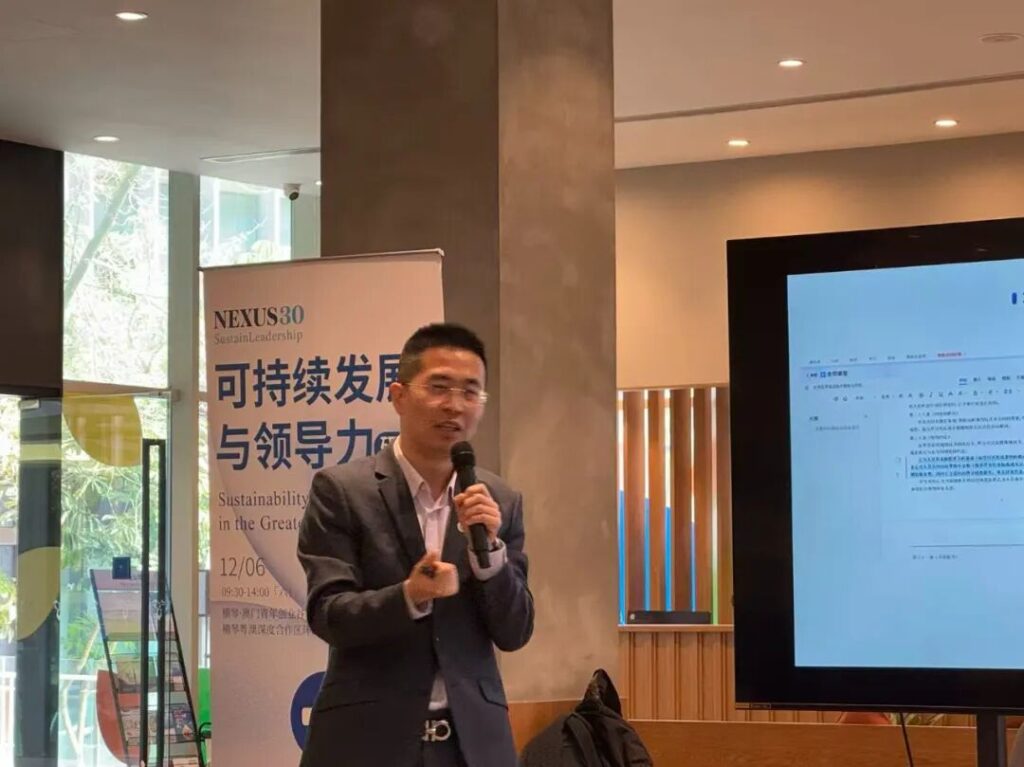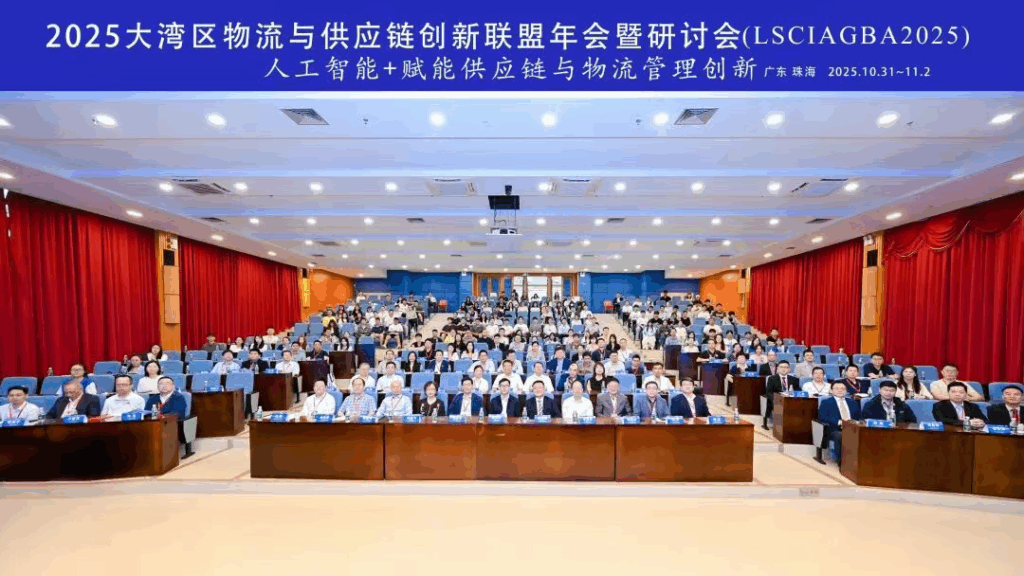中國商業大亨馬雲有一句名言,他說很多人加入所謂的「996加班文化」是一種「福報」。「996」是指上班族從早9點工作到晚9點,每周工作六天。
中國官方近日嚴厲提醒企業,這種繁重的工作制實際上是非法的。騰訊、快手、字節都在今年相繼取消了996,網民們舉國歡慶,雖然局中人悲喜參半(字節剛剛發了8月份的工資,許多人拿到的薪水與上個月相比降了17%,但工作量卻沒有減少),但於互聯網行業的多數從業者而言,確實算得上是個好事。
字節HR面臨的是:在工作量不變的前提下員工收入下降的問題,當然字節的薪酬待遇仍然高於行業均值,其他互聯網公司的HR則沒有這麼幸運。假設員工工資被迫降低,但是工作量卻沒有減少,員工為何還要留在公司?公司又如何繼續維持高增長和高運轉?
伴隨著“工作主權”意識的覺醒,越來越多的勞動者開始重新審視企業、工作與個人之間的關係,“躺平”與“拒絕內捲”成為年輕人族群中的熱門詞彙,促使企業管理者和人力資源從業者必須重新定義工作與員工之間的關係。
也正因如此,「員工體驗」這一概念自2016年誕生之日起,就備受關注。
員工體驗是員工與企業在物理場所,數字化技術和組織層面的互動集合。
員工體驗是一個全公司範圍內的舉措,旨在幫助員工保持高效、健康、投入,並走上正軌。它不再是一個人力資源項目,是一個企業範圍的戰略,通常由CHRO與CIO合作領導,但需要法務,設施,行政,運營等部門配合。它處理的是員工在工作中面臨的所有日常問題。
2016年德勤全球人力資本趨勢報告中首次談及員工體驗時,只是把它作為設計思維的一個產物。
但在2017年,員工體驗就作為了獨立的章節被深入探討,AirBnb兄弟在當年作為首家使用設計思維的公司來重新定義人力資源流程和員工服務,如果不是遇到“疫情”這隻黑天鵝。但當我們站在今時今日的時間點回望2017,會發現彼時的員工體驗內涵與此時的員工體驗內涵又有所不同。追究其核心,可以概括為早期的員工體驗是以工作為中心的,諸如IBM早期提倡的“life work balance”並不是以員工視角來看待問題,而是號召員工在工作之外處理好生活之間的平衡。
員工很難感受到自己是體驗設計的主體,因此“員工體驗”變成了組織者自己的狂歡。
2019年,德勤重新將員工體驗從個性化,專業性以及自下而上和自上而下的進行了排列,引申出員工體驗的最高階版本是人文體驗。 “人文體驗”與“員工體驗”的最大不同之處在於,人文體驗在意的是員工內心深處的獨白:是“我工作的意義”,是脫離了金錢激勵之外,最重要的激勵因素。
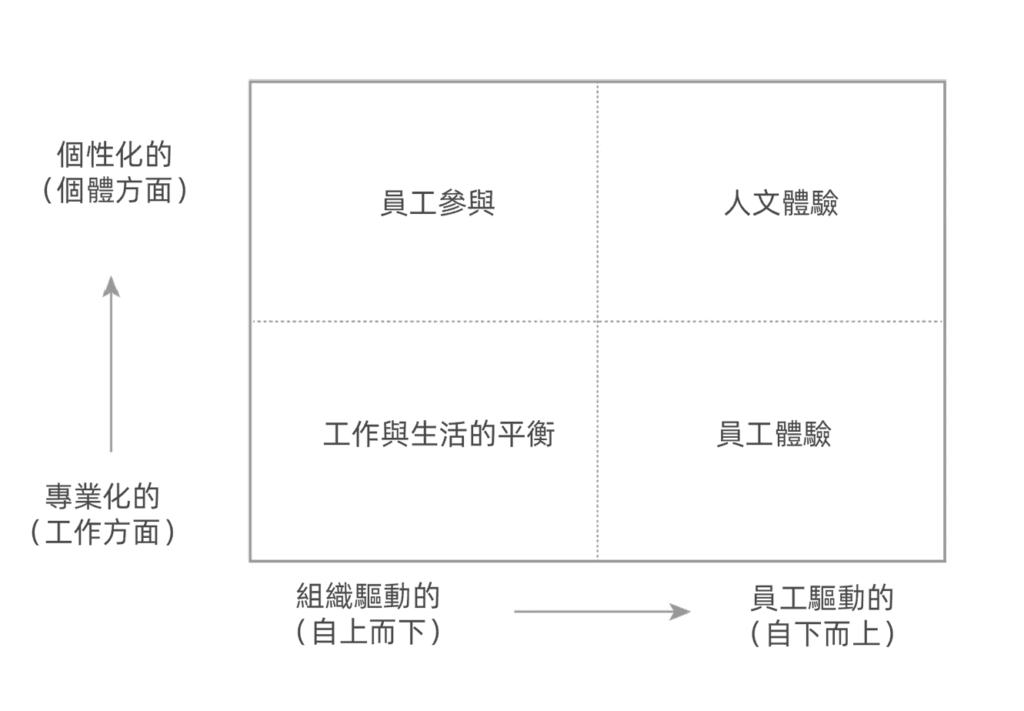
在本文開頭提到取消996的案例,側面反映了中國企業已經開始嘗試讓員工可以追求“工作與生活的平衡”,不論取消996背後的深層社會邏輯究竟是什麼,這總歸是一次好的嘗試,中國的互聯網巨頭們開始承擔更多的社會責任和良好的、正面的社會導向,在短期內勢必會影響某些群體的收入,但長期來看對整個行業乃至社會的影響都是正面的。
處在上圖右下方的“員工體驗”,更多的是圍繞組織的訴求來進行自下而上的革新,例如組織為了獲取優秀人才,而進行招聘流程和入職流程的體驗改善,為了組織聲譽而進行離職流程的體驗改善,其核心聚焦點在於專業化,也就是組織視角。
當組織真正從員工個體開始考慮員工體驗的提升時,會開始關注員工在組織中的參與感和融入程度,讓員工產生更多的“主人翁”意識,打造透明的企業文化、創造更多讓員工參與決策的機制和項目,是“員工參與”這個階段的重點工作。
而對於員工體驗的最高階表現“人文體驗”,我們可以理解為,幫助員工找尋“工作的意義”。這一點在麥肯錫的領導力模型中也被提及, 在解釋“strong sense of purpose” 時,麥肯錫強調這與賺不賺得到錢無關。最成功的領導者專注或者視圖讓員工更貪婪,他們更廣泛的目的就是,他們想要做什麼,對世界產生什麼樣的影響。
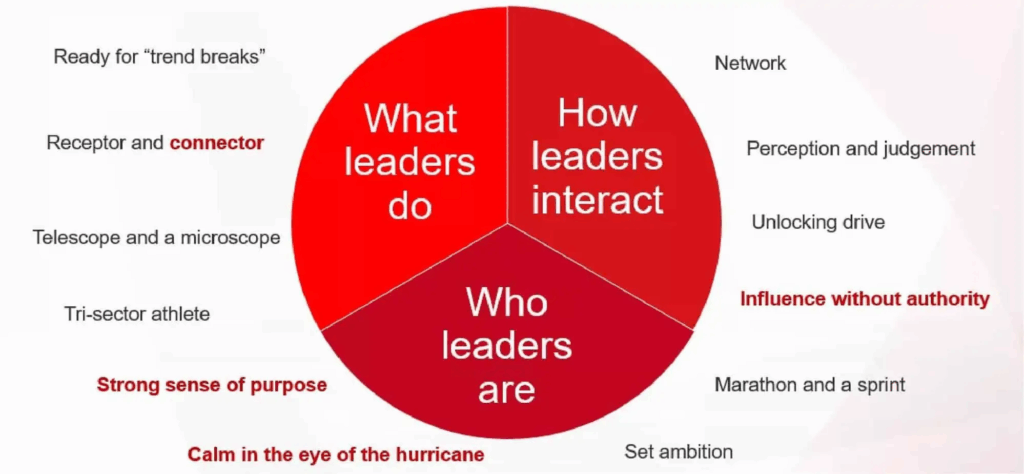
如果這樣還是無法理解人文體驗的內涵,我們可以看看萊特兄弟的案例 :
在20世紀初,塞繆爾蘭利被認為是最有可能造出飛機的人,他擁有所有我們認為可以成功製造出飛機的要素:畢業於哈佛,認識許多頂尖人才,擁有政府撥款並且僱傭了很多人才,同時媒體也對他進行了大肆報導。可以說是佔據了天時、地利、人和。然而最後造出飛機的是“沒學歷、沒錢、沒資源”的萊特兄弟,萊特兄弟雖然收到過良好的教育,但顯然和畢業於哈佛的塞繆爾蘭利有差距,萊特兄弟沒有獲得大學文憑,他們在研究飛機時仍處於寂寂無名的狀態,他們靠自行車修理店賺來的資金研究飛行器,1903年12月17日他們第一次成功時,沒有人相信他們,連媒體都拒絕報導。在萊特兄弟造出飛機的第二天,塞繆爾就提出了辭職。對萊特兄弟而言,造飛機是他們的夢想和工作的意義,對塞繆爾而言,造飛機只是一份助其獲取良好報酬和社會聲望的工作。
人們為了錢與塞繆爾一起工作,但人們為了夢想和萊特兄弟一起工作,而員工體驗的最高階表現形式,就是如何幫助員工找到他自己“工作的意義”。
The goal is not to hire people who need a job ,the goal is to hire people who believe you believe. (不要雇傭一個需要工作的員工,要雇傭那個與你志同道合的員工)。
從合規性角度,996的取消甚至都不能夠算是中國企業在員工體驗上的嘗試,因為本身就處在法律的紅線邊緣。但它喚醒了一批企業管理者開始重新審視自己以往的管理模式,從“工作與生活的平衡”到“人文體驗”或許需要經歷數年時間,但是“值得”。


